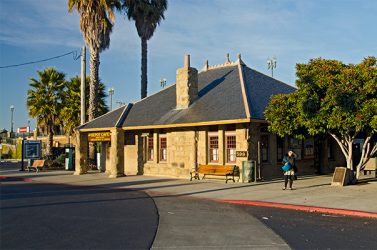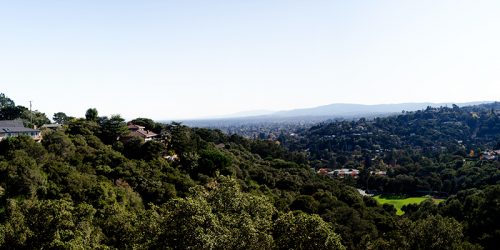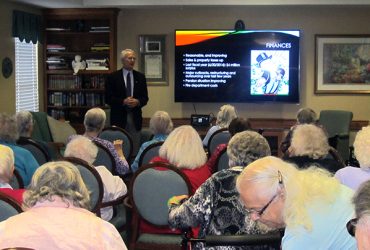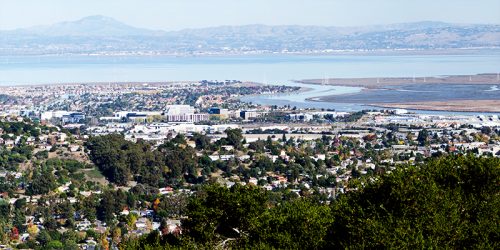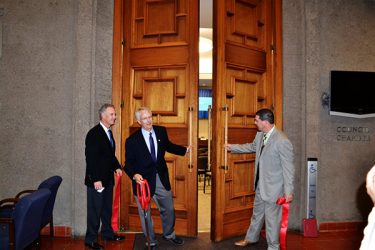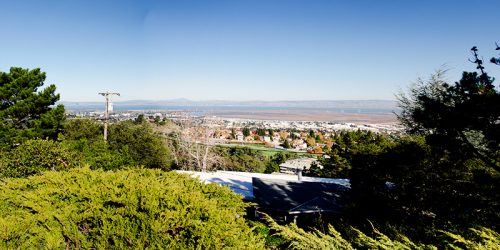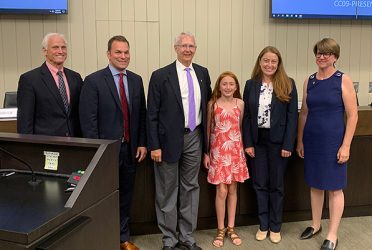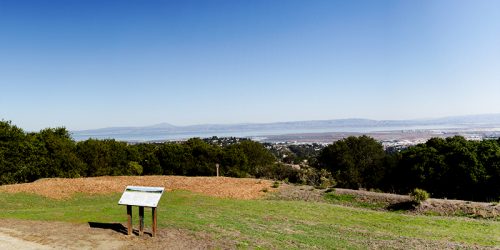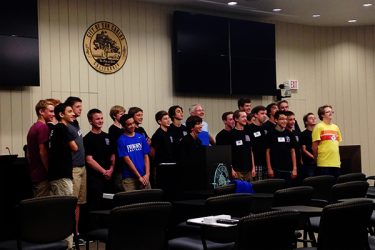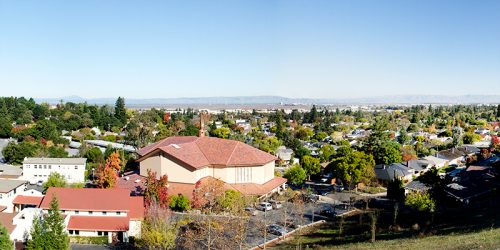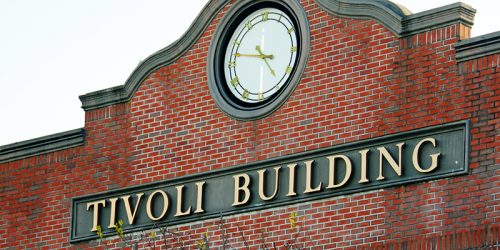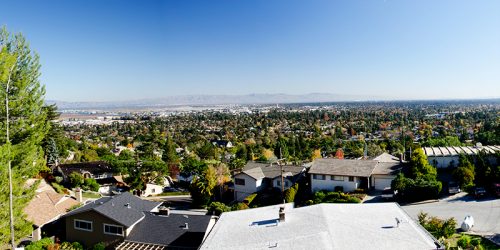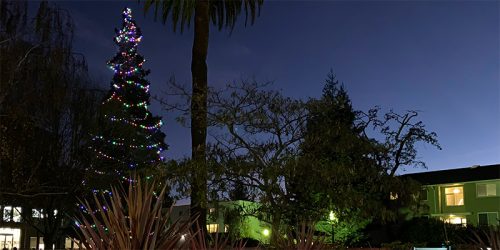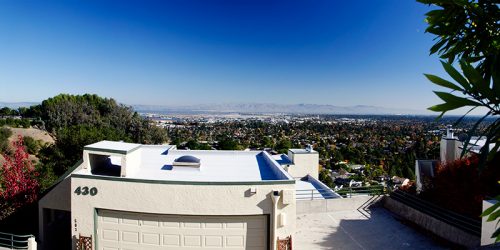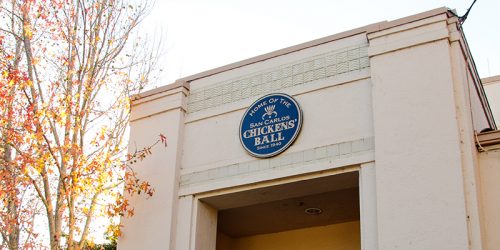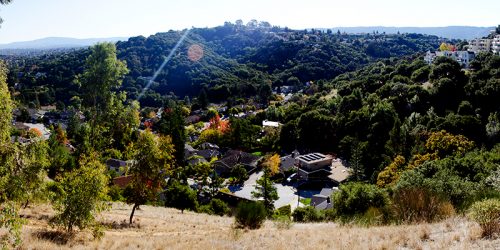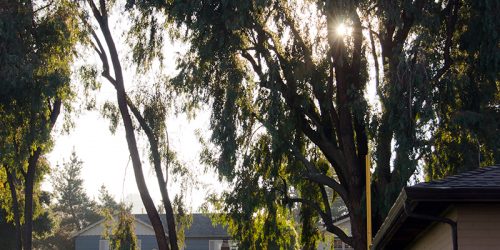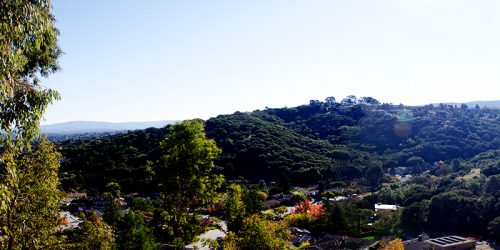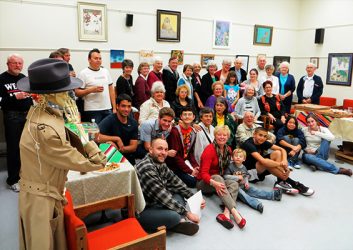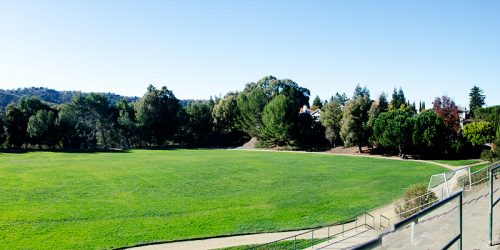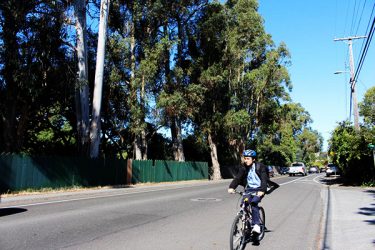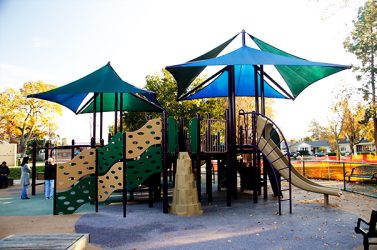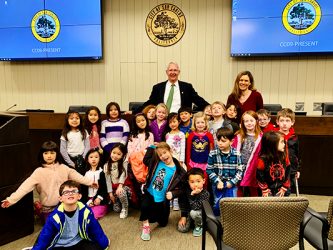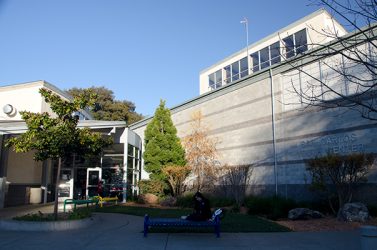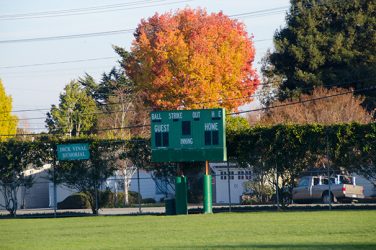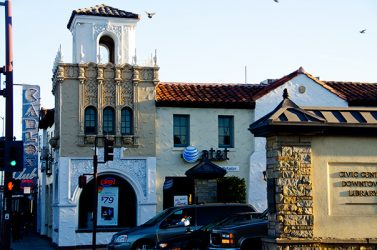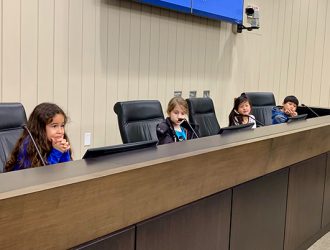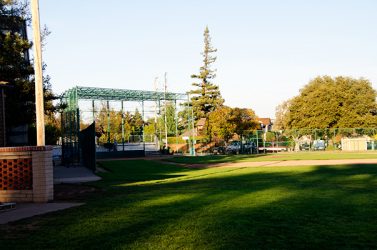Moratoriums, Gun Stores and Local Rules & Regulations
This article pulls together points I’ve made in response to the flood of emails sparked by the new gun store Turner Outdoorsman wants to open in San Carlos. I hope you’ll find it useful.
Please keep two things in mind. First, I am not a lawyer, so any point I make involving the law should be viewed with that lack of expertise in mind. Second, the views and opinions expressed here are my own, and do not necessarily represent the opinions or positions of the City of San Carlos or its City Council.
Please don’t quote what I’ve written in any correspondence or discussion you may have with my colleagues. Doing so risks violating the Brown Act, which prohibits elected officials from reaching consensus on an issue outside a meeting open to the public. You are more than welcome to share your opinions. Just don’t quote my views when interacting with my colleagues.
Table of Contents
- Will the Council be voting to ban or block the proposed new Turner Outdoorsman store on November 13th?
- What’s a moratorium, and why would the Council authorize one?
- How long does a moratorium last?
- Do moratoriums change any rules?
- Do moratoriums expose the City to financial liability?
- Would a moratorium prohibit Turner from opening its store?
- Does changing rules and regulations expose the City to financial liability?
- Can San Carlos ban gun stores?
- Can San Carlos regulate gun stores more than it currently does?
- What kinds of rules and regulations could San Carlos impose?
- Can we restrict gun stores to certain parts of San Carlos?
- Why did the Council allow Turner’s application to get as far as it did before it was evaluated?
- Have you, as a member of the Council, been active in firearm regulation?
- Given your interest in firearm regulation, why are your comments not more assertive regarding the proposed new gun store?
Will the Council be voting to ban or block the proposed new Turner Outdoorsman store on November 13th?
No. The action the Council will be considering is to establish a moratorium on the opening of any new gun store in San Carlos, which includes Turner.
Establishing such a moratorium does not ban a store from opening. It temporarily prohibits it from gaining the necessary licenses and permits to open.
What’s a moratorium, and why would the Council authorize one?
A moratorium is essentially a time out to give the Council, and the community, a chance to review some issue affecting San Carlos and decide if existing local laws and regulations need to be modified. A moratorium, in and of itself, doesn’t do anything but “stop the music”, and commit the Council to a review and decision-making process.
The ability to declare a moratorium exists under California law in recognition of the fact that events have a momentum of their own, and can move faster than a deliberative body, like the Council, can react. Making good public decisions takes time, both for elected officials to educate themselves and for them to have time to reflect on what they’ve learned.
Councils typically impose moratoriums when some change in the community is imminent, is reasonably believed to have a significant impact that is inadequately addressed under the current rules and regulations, and may set a precedent which would serve to define or constrain future public decisions simply by occurring.
How long does a moratorium last?
Under California law, moratoriums are initially for 45 days. During that 45 day window, they can be extended for up to ten months and 15 days by a further vote of the Council. Later on, moratoriums can be further extended, for up to a total of two years.
This structure is designed to achieve several things, chief among them the following:
- Give the Council time to decide if, in fact, the situation that sparked the moratorium really warrants study and rule-making. That’s why the initial period is only 45 days, but can be extended.
- Commit the Council to undertaking whatever review and rule-making it deems appropriate. That’s why moratoriums can only exist for up to two years.
Do moratoriums change any rules?
In and of themselves, moratoriums change nothing. They’re just a time out. It is perfectly lawful for a council to declare a moratorium, and then let it expire without changing any local law or regulation. Such an outcome simply means the council reviewed the situation which sparked the moratorium, and decided existing rules and regulations were sufficient.
Moratoriums do, however, prevent changes from occurring. For example, in the case of Turner’s proposed new gun store, a moratorium would prohibit city staff from issuing the permits and licenses that Turner would need to open and operate their store.
Do moratoriums expose the City to financial liability?
In general, no. The ability to operate a business in any community is a privilege, not a right. Licenses and permits do not create a property right, or a contract between a community and a business; they merely allow the business to operate (that’s why licenses and permits can be revoked when warranted by the facts).
Of course, anyone can sue anyone over anything. But, provided the Council does not use a moratorium as a back-door way of denying an otherwise-lawful permit or license, and makes a good faith effort to undertake a review of the appropriate local laws and regulations, it’s difficult to imagine such a suit prevailing.
Under our system of government, courts generally defer to legislative bodies, like the Council, because all governmental authority derives, ultimately, from the people, and the clearest expression of that power runs through our legislative bodies. Put another way, a legislative body would have to act in an arbitrary and capricious manner for a court to overrule a legislative review and discussion by that body.
Would a moratorium prohibit Turner from opening its store?
In and of itself, no. It simply defers their ability to acquire permits and licenses until such time as the moratorium ends. But without the needed permits and licenses the store could not be opened.
If the Council changes the rules and regulations governing stores that sell guns, then Turner would have to comply with the new rules in obtaining licenses and permits. The fact that they initially applied under an earlier, different set of rules is irrelevant; what governs is the rules in effect at the time their applications are processed.
Does changing rules and regulations expose the City to financial liability?
Again, anyone can sue anyone for anything. But if the City changes the rules and regulations based on a reasonable process, and the revised rules and regulations are themselves reasonable, it’s unlikely such a suit would succeed.
Can San Carlos ban gun stores?
It’s unclear if it can, even though there is ample precedent for limiting the number of stores offering specific types of goods and services. Many people don’t know this, but San Carlos limits the number of nail salons, bank branches, and certain types of discount stores in our business district. We also recently enacted rules which require chain store outlets to pass a higher level of review and approval if they wish to open in our business district.
On the other hand, firearms are the only good that is specifically mentioned in the Constitution. There is an argument that, because the right to bear arms would be essentially meaningless if there was no way to purchase one, the Council might be limited in its ability to restrict the number of gun stores in a community. However, some communities in California have done just that.
Courts generally recognize that rights which are in conflict – which possession of firearms and maintaining public health & safety would appear to be – need to be balanced via laws and regulations. But the existence of the 2nd Amendment, and how the Supreme Court has recently interpreted it, means any such balance needs to pass a higher level of scrutiny than would otherwise be the case; the balance needs to be more than just reasonable.
Can San Carlos regulate gun stores more than it currently does?
Yes. There is ample precedent for doing so, and many communities are actively advancing ways of doing just that given the Supreme Court’s recent decisions which elevated the 2nd Amendment to the level of what’s called a “fundamental right”, akin to the 1st Amendment.
It’s particularly true in San Carlos, where to my knowledge we don’t have rules and regulations specifically addressing the special issues related to gun stores.
What kinds of rules and regulations could San Carlos impose?
This is precisely the type of research and discussion which the Council will engage in if a moratorium is approved. Stay tuned!
Can we restrict gun stores to certain parts of San Carlos?
Cities have broad latitude for establishing what are called “land use” rules governing what types of activities can go on in various parts of their domain. That’s why you rarely see, for example, stores in areas where almost all the properties host single family homes; our rules don’t allow for that kind of mix.
Cities also have the authority to create reasonable buffer areas, meaning that certain types of businesses, even if they are generally allowed in some part of town, must be situated a certain distance away from certain types of special land uses (e.g., churches, schools).
Why did the Council allow Turner’s application to get as far as it did before it was evaluated?
The Council does not approve or deny every application by a business seeking to open in San Carlos. Instead, the Council establishes rules and regulations which specify where a business may be located, what amount of parking it must have available, etc. If a business complies with all of the pre-defined rules, it can open without any specific approval by the Council. It does have to obtain licenses and/or permits from the City, but that’s essentially to prove it is in compliance with those pre-defined rules.
The Council generally only gets involved if the proposed business wants to request an exception to the pre-defined rules. A common example of that would be to allow a business to remodel an existing structure to make it slightly taller than is allowed. It’s up to a majority vote of the Council as to whether or not the exception is granted. Exceptions often involve the business owner agreeing to do something for the community that they aren’t required to do under the pre-defined rules (e.g., make improvements to nearby streets and sidewalks, provide funds for the creation or renovation of public amenities).
In addition to the exception-handling situations, the Council can also establish rules requiring certain types of businesses to obtain permission to operate, even if they otherwise comply with all the other pre-defined rules. That’s referred to as requiring a “conditional use permit”, because the permission to use the property is conditioned on specific approval by the Council. The recently-enacted requirement that certain types of chain store outlets seeking to open in the downtown area get a conditional use permit is an example of this type of rule.
My understanding is the Council could’ve required stores selling firearms to obtain a conditional use permit. But such a rule was never formulated, and since Turner did not need to get an exception approved, the matter would not have come to the Council’s attention, except for the public outcry which has occurred.
Have you, as a member of the Council, been active in firearm regulation?
I have, on multiple occasions, petitioned my colleagues to take up matters related to firearm regulation. These have ranged from a request that we discuss endorsing Prop 63 in last year’s statewide election (which was ultimately approved by voters), to several requests, one made shortly after the Las Vegas massacre, that we discuss what, if any, additional rules and regulations could be adopted to increase public health & safety, given the increasing frequency of mass shootings in particular and gun-related crimes in general.
Up until the Council’s decision to take up the matter of a moratorium on new gun stores those requests were not sustained (the Council currently operates under a rule which prevents an item from being added to a future agenda unless three Council members agree to discuss it; I think that’s foolish because three Council members are all it takes to approve something, and it seems like we ought to at least consider the possibility that minds could be changed through discussion).
I am personally grateful that my colleague Ron Collins has repeatedly supported my requests in this area.
Given your interest in firearm regulation, why are your comments not more assertive regarding the proposed new gun store?
One of the things you quickly learn as an elected official is that – if you’re to do a reasonable job for your community – you must keep some distance between your personal beliefs and what you say or do. That’s both because your personal beliefs may not gibe with those of the community, and because every situation is different, so reacting based on belief can lead you to make a less suitable decision.
To be clear, I’m not asserting the job of an elected official is simply to reflect the public’s point of view. As Edmund Burke said famously centuries ago:
“Your representative owes you, not his industry only, but his judgment; and he betrays instead of serving you if he sacrifices it to your opinion.”
Which, if you’ll forgive the implicit assumption that all elected representatives are men (nobody’s perfect, and Burke lived a long time ago, in an age whose mores we have, thankfully, supplanted), means “making good decisions requires study; you elect representatives so they’ll devote more time to studying and thinking about public issues than you yourself have time for”.
That implies an important point: an elected representative’s view of what should be done might be different from what many of his or her constituents believe should be done, because the representative is better versed in what’s at issue and what the consequences of various choices are.
That does not mean, to be absolutely clear, that there’s anything special about being an elected. But just like I hire plumbers to do work that I can do myself, but choose not to spend the time learning how to do as well as they can, I “hire” electeds to make public decisions for my community.
As an aside, it’s also why I’ve always encouraged everyone to get involved in public decision-making, by serving on a commission or running for office: you become a better-informed citizen when you learn what’s involved in making decisions for your community.
In addition to the above, California law requires electeds to maintain impartiality when making certain types of decisions. Broadly speaking, a body like the Council makes both “legislative” and “quasi-judicial” decisions. An example of the former would be the rules for on-street parking. An example of the latter would be what types of land use are allowed in what parts of the city.
Council members are free, and expected, to act more directly on their opinion, their “gut”, when making legislative decisions. After all, that’s how voters get to decide whether or not they want to continue to allow a particular elected official to make decisions on behalf of the community.
For quasi-judicial decisions, council members are expected to act like judges, who interpret and apply the law, but aren’t supposed to create it.
A review of gun store-related rules and regulations might lead to changes in our land use rules, which creates, in part, a quasi-judicial situation.
